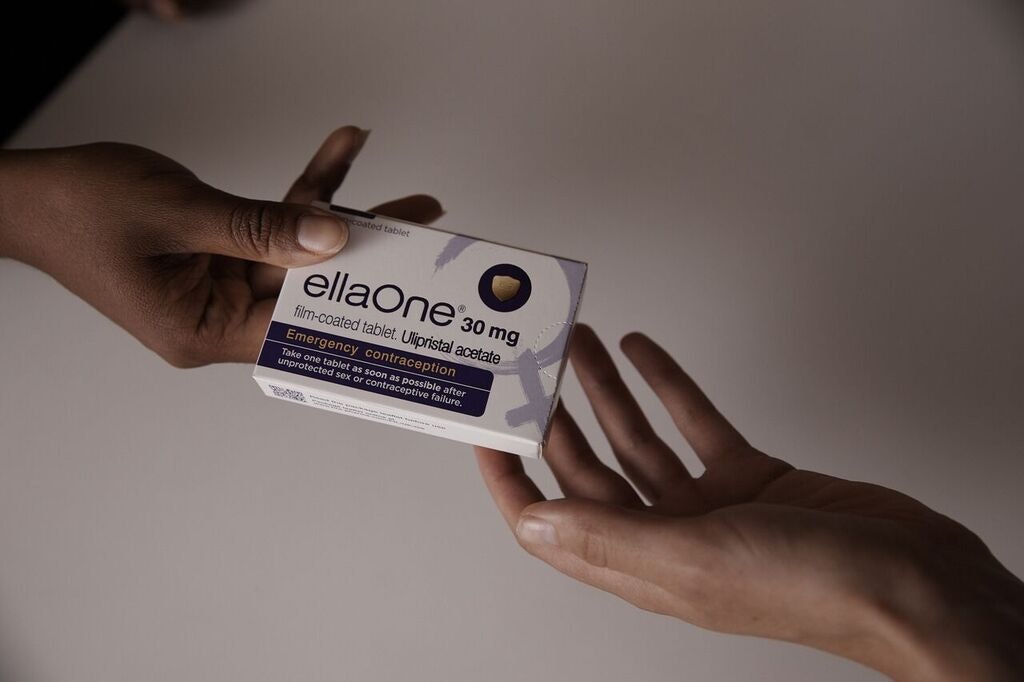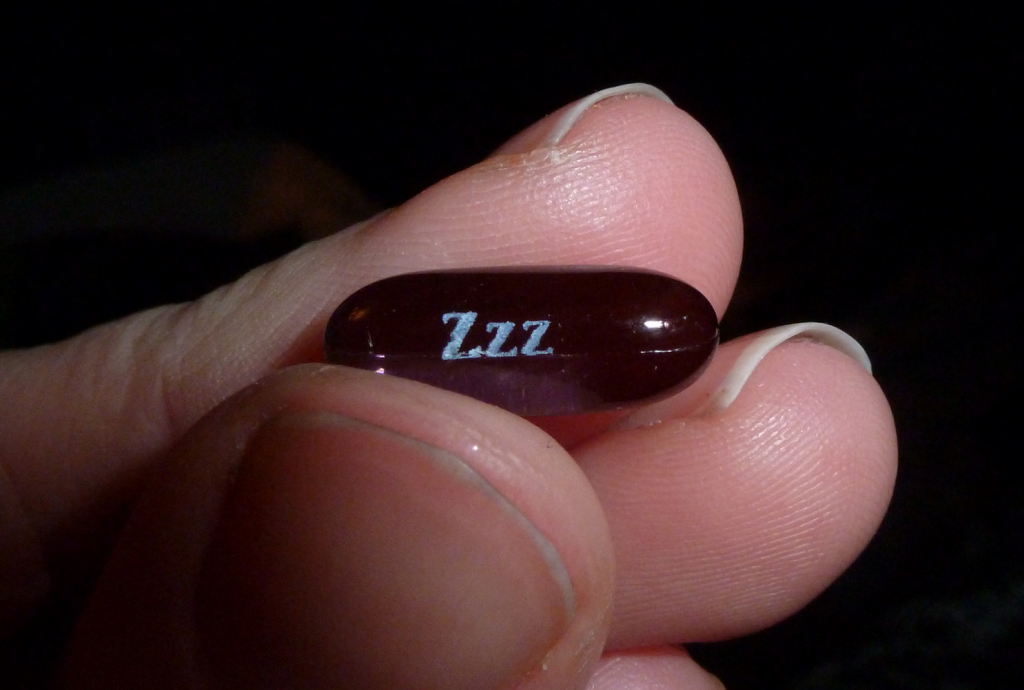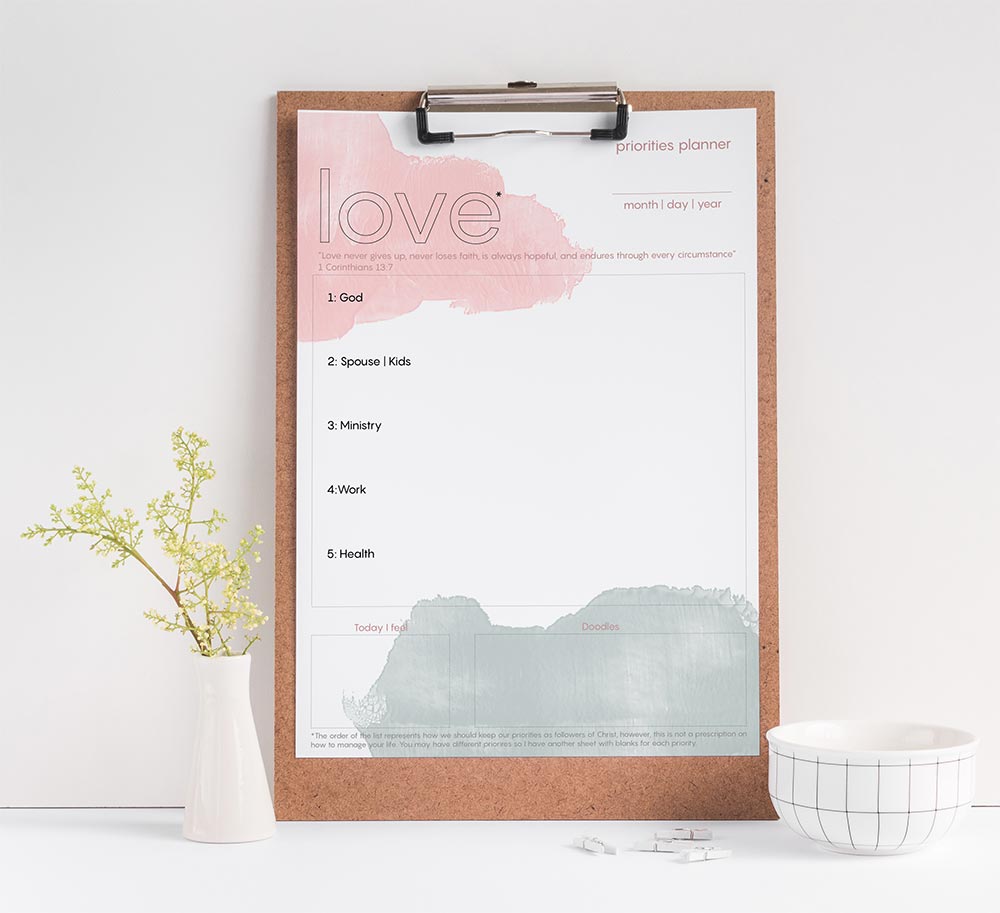Why Do You Feel Nauseous After Taking Vitamins Additionally, some studies havelinked excessive folic acidto asthma, heart problems, cancer, and ectopic pregnancy. A 2014study published in theJournal of Epidemiology & Community Healthfound that women who took folic acid supplements were twice as likely to die of breast cancer. Some women have a harder time absorbing the synthetic folate, or folic acid, found in prenatal vitamins, which may increase their risk of miscarriage.
Another reason your prenatal vitamin could make you feel more nauseated is if you're taking it on an empty stomach. With few exceptions, taking any kind of vitamin or pill on an empty stomach can make you feel sick. Even something as small as a smoothie, yogurt or soup and crackers can make vitamins kinder on your stomach.
This can be a little challenging if you're already dealing with nausea at baseline from your pregnancy. Nausea from pregnancy keeps you from eating, so you are forced to take your prenatal on an empty stomach, which makes you more nauseated and a vicious cycle is begun. Eventually, some women quit taking their prenatal vitamins altogether, which isn't a good idea. If you're going through this, and can't stomach any food at all, bring it up to your provider.
They may be able to help find ways to get your nausea under controlled to allow you to eat better. Couple of studies have found that women who were taking vitamins at the time of conception were less likely to need medical attention for nausea and vomiting. Another outdated recommendation is that all women should be supplementing with folic acid during pregnancy. This is an especially common reason when it's gummy vitamins making you sick as those never have iron. Getting enough folate, a B vitamin, is especially important for women who may become pregnant, since adequate folate can help lower the risk of having a baby with spina bifida or anencephaly. For the folate to be effective, it must be taken in the first few weeks of conception, often before a woman knows she is pregnant.
That's why the Centers for Disease Control and Prevention recommend that all women of childbearing age consume 600 micrograms a day of folic acid. This amount and other important nutrients for pregnancy—iron, calcium, vitamin D, and DHA—are available in a prenatal multivitamin. Some multivitamins, such as for pregnant women or iron supplements, can cause nausea on their own. The effect can be especially expressive if you decide to take them on an empty stomach.
The paradox is that iron is best absorbed from an empty stomach, but taking it the hardest. Therefore, doctors still recommend eating something before taking the medicine. If you're a vegan or a vegetarian who doesn't eat animal products, you do need a supplement for B12, which you can only get in animal products. You can do this by eating fortified foods or by taking a vitamin.
For these patients, I also check their iron, calcium and zinc levels. Those are available in grain form and in fruits and vegetables, but aren't as easily absorbed as with animal products. Do not use this medicine without a doctor's advice if you are pregnant. Some vitamins and minerals can harm an unborn baby if taken in large doses.
You may need to use a prenatal vitamin specially formulated for pregnant women. Also chat with your doctor about whether you need a prenatal multivitamin at all. If you're using iodized salt, choosing vitamin D-fortified foods and eating a well-balanced diet, you may only need a folic acid supplement for now. Try taking yourprenatal vitamin at the time of day when you're least nauseated. Unless advised by a doctor, you should never take more than the recommended daily dosage of multivitamins or vitamin supplements. While some diseases and conditions can be helped by elevated vitamin use, a healthcare professional should always be consulted before following high-dose vitamin regimens.
When their nausea and vomiting are worse, sometimes they are not able to tolerate a regular pre-natal vitamin which can be distressing for new moms who are trying to best they can for their new baby. It adds to the worry when they can't get that prenatal vitamin down. One of the options we've found as an alternative is finding a children's vitamin, often a chewable one or a gummy vitamin, look at the back and make sure you are getting at least 800 mg of folic acid. When you're constantly queasy, the last thing you can stomach is the thought of swallowing a horse-sized pill chock-full of nausea-inducing vitamins and minerals. The reality is, prenatal vitamins offer extra insurance that you're getting all of the nutrients you and your baby need during pregnancy. However, people who combine multivitamins with other supplements or eat significant amounts of fortified foods may exceed the UL for certain nutrients.
Sometimes, taking too much of a particular vitamin can make you sick. With water-soluble vitamins, your body excretes the excess easily. However, if the vitamin is a fat-soluble one, you won't lose that excess. If you were to take a lot of one vitamin, you might begin to experience side effects. The ones that cause nausea in high doses include vitamins A, D, and E, so be sure to cut down on these if your vitamins contain a high amount.
Many people take vitamin supplements to try to make up for a less-than-healthy diet, but supplements cannot take the place of real foods. Whole foods contain protein, carbohydrates, dietary fiber and healthy fats that are critical to health, but that your body can't get from a pill. To avoid nausea from vitamin toxicity, don't take vitamins in doses of more than the recommended daily allowance. Make sure you take into consideration vitamins you get from fortified foods as well as those from supplements.
Side effects from taking large amounts of vitamin E aren't common, but when they do occur, they include diarrhea, fatigue, muscle weakness and nausea, according to the Merck Manual. Vitamin E supplements can also thin your blood and increase the risk of excessive bleeding. The tolerable upper intake level of vitamin E is 1,000 milligrams per day for adults.
Taking too much vitamin A may cause loss of appetite, nausea, headache and dry, itchy skin. Choosing a supplement that has most of the vitamin A in the form of beta carotene can limit the risk of vitamin A toxicity. Toxicities typically develop over time, but taking mega-doses that are higher than the tolerable upper intake level could cause more immediate symptoms.
For vitamin A, this would require a dose of more than 3,000 micrograms per day for adults. Due to the way vitamins are absorbed and used by the body, some vitamins pose a lower risk of a onetime toxic dose. They only cause health problems when taken in high doses continuously for many days or in very extreme doses, usually from misuse of supplements. Fat-soluble vitamins are taken up by the body quickly and can pose immediate health risks when taken in moderate-to-extreme doses.
If medical treatment is quickly received, people who have iron and calcium overdoses usually recover. Overdoses of iron that cause coma or low blood pressure can sometimes be fatal. Iron overdoses can have long-term consequences to the intestines and liver, including intestinal scarring and liver failure. You're pregnant and you're suffering from nausea, constipation, low appetite, diarrhea, fatigue, or cramps. But, you notice that it's not every day – it's only most days. Specifically, it's the days you remember to take your prenatal vitamins first thing in the morning.
The vitamins should be supplementing something that's missing from your diet. If your nutrition is bad or you have a condition or disease that prevents your body from absorbing certain nutrients, then yes – you need to take supplements. But if your gut is working well and you're eating a balanced diet, you're probably getting all the nutrients your body needs and shouldn't have to take a supplement. The article says that folic acid supplements increase a mother's mortality from breast cancer.
The linked article is a study looking at records from 2200+ women that debunked the researchers' own earlier finding looking at records from a much smaller group of women. There is no evidence of folic acid increasing breast cancer or any other cancer mortality. Folic acid is a critical nutrient for healthy neural tube development, and taking the supplement is of the key pieces of advice pregnant women are given.
I'm so annoyed that the author would so casually throw around these safety claims. Folic acid supplements are strongly recommended for women planning a pregnancy to reduce the risk having a baby with neural tube defects, like spina bifida. Also, people who follow vegan diets, especially if pregnant, may benefit from vitamin B12 supplements. There are many misconceptions about vitamins and the health benefits they offer. Vitamins play an important role in keeping the body healthy. However, taking large doses of certain vitamins can actually be harmful.
For most people, it is best to get the vitamins our bodies need from eating a variety of healthy, unprocessed foods rather than by taking supplements. Vitamins that are more acidic in nature, such as vitamin C or folic acid, can cause nausea if consumed on an empty stomach. For such vitamins, a "buffer" in the form of food in the stomach is desirable. But fat-soluble vitamins are better absorbed by the body if not taken with food. A daily intake of multivitamins or vitamin supplements should help you feel better, but most people, at least once taking a course of vitamins, know that sometimes they feel sick.
Why this happens and what can be done, says Huffington Post. Smokers and former smokers may especially benefit from avoiding multivitamins containing high amounts of vitamin A or beta carotene, which the body can convert into vitamin A. Getting too much of these nutrients may increase the risk of lung cancer . Likewise, high amounts of vitamin D can cause side effects, including diarrhea, vomiting, tiredness, itchy skin and bone pain.
Check with your doctor to determine an appropriate dose if you decide to take vitamin D supplements, and don't go over the tolerable upper intake level for adults of 4,000 international units per day. Multivitamins can sometimes cause nausea shortly after you take them, especially if they contain iron or if you take other vitamin supplements along with your multivitamin. Too much iron can cause nausea, diarrhea and stomach cramps in some people, and taking multiple supplements increases the risk of getting too much of a single vitamin. With non-fat soluble vitamins, if you get too much, you simply pee them out—no harm done. But fat-soluble vitamins leave deposits in your body, so you can end up overloading on them and doing some harm.
If this is the case, the nausea won't go away after a few hours, even if you have some food. "If you notice you're having chronic nausea see your doctor and back off those vitamins immediately because that can be dangerous," says Dr. Sonpal. Zinc is a required element for the development and function of multiple immune system cells including neutrophils, lymphocytes and antibodies. Easily obtained from diet, zinc is abundant in meat, eggs and oysters.
Scientific studies consistently showed that taking zinc acetate lozenges reduces the duration of colds by 2-4 days if started within 24 hours of symptoms onset. The daily dose should not exceed 100mg and if you experience nausea and vomiting, stomach cramps or headaches, that means you've taken too much. Routine zinc supplementation is not recommended without the advice of a healthcare professional. In some people, zinc might cause nausea, vomiting, diarrhea, metallic taste, kidney and stomach damage, and other side effects.
Taking 450 mg or more of zinc daily can cause problems with blood iron. Vitamin D toxicity is usually caused by large doses of vitamin D supplements — not by diet or sun exposure. That's because your body regulates the amount of vitamin D produced by sun exposure, and even fortified foods don't contain large amounts of vitamin D. Other drugs may interact with multivitamins with iron, including prescription and over-the-counter medicines, vitamins, and herbal products.
Tell each of your health care providers about all medicines you use now and any medicine you start or stop using. While it's hard to overdose just eating these vitamins naturally with a well-balanced diet, vitamin supplements can have negative ramifications. It is important to remember that a multivitamin cannot in any way replace a healthful well-balanced diet. The main purpose of a multivitamin is to fill in nutritional gaps, and provides only a hint of the vast array of healthful nutrients and chemicals naturally found in food. It cannot offer fiber or the flavor and enjoyment of foods so key to an optimal diet. However, multivitamins can play an important role when nutritional requirements are not met through diet alone.
When this is the case, an expensive brand name is not necessary, as even standard store brands will deliver results. Look for one that contains the Recommended Daily Allowance amounts and that bears the United States Pharmacopeia seal of approval on the label. The Iowa Women's Health Study looked at the use of 15 vitamins and minerals, including multivitamins, at three different intervals and identified the numbers of women who died over a 19-year period.
It showed that women over the age of 55 who took multivitamins were at higher risk for dying than those who did not. As a result, it is unknown whether the women were already taking vitamins when they became ill, or if they became ill and then started taking vitamins. In women who were already sick, taking vitamins was unlikely to lower their risk of dying. For those who eat a healthful diet, a multivitamin may have little or no benefit. A diet that includes plenty of fruits, vegetables, whole grains, good protein sources, and healthful fats should provide most of the nutrients needed for good health.
When it comes to specific vitamins and minerals, some Americans get less than adequate amounts, according to criteria set by the National Academy of Medicine. For example, more than 90% of Americans get less than the Estimated Average Requirement for vitamin D and vitamin E from food sources alone. There are certainly diseases caused by a lack of specific nutrients in the diet. Classic examples include scurvy , beri-beri , pellagra , and rickets .
But these conditions are rare in the U.S. and other developed countries where there is generally more access to a wide range of foods, some of which are fortified with vitamins. There is ongoing research to study the effects of taking vitamin supplements to prevent chronic disease, and evidence around nutrition and diet is constantly changing. It is important that you consult with your doctor before taking vitamin supplements in high doses. For a healthy adult, if supplements are used, they should generally be taken at levels close to the recommended dietary intake . Information on how much a supplement provides can be found on the packaging.
High-dose supplements should not be taken unless recommended under medical advice. The vitamins A, D, E and K are fat soluble, which means they can be stored in the body. Taking high doses of these vitamins, especially vitamin A, over a long period of time can result in harmful levels in the body unless you have a medically diagnosed deficiency. This content is strictly the opinion of Annette Reeder and is for informational and educational purposes only. It is not intended to provide medical advice or to take the place of medical advice or treatment from a personal physician. All viewers of this content are advised to consult their doctors or qualified health professionals regarding specific health questions.




























